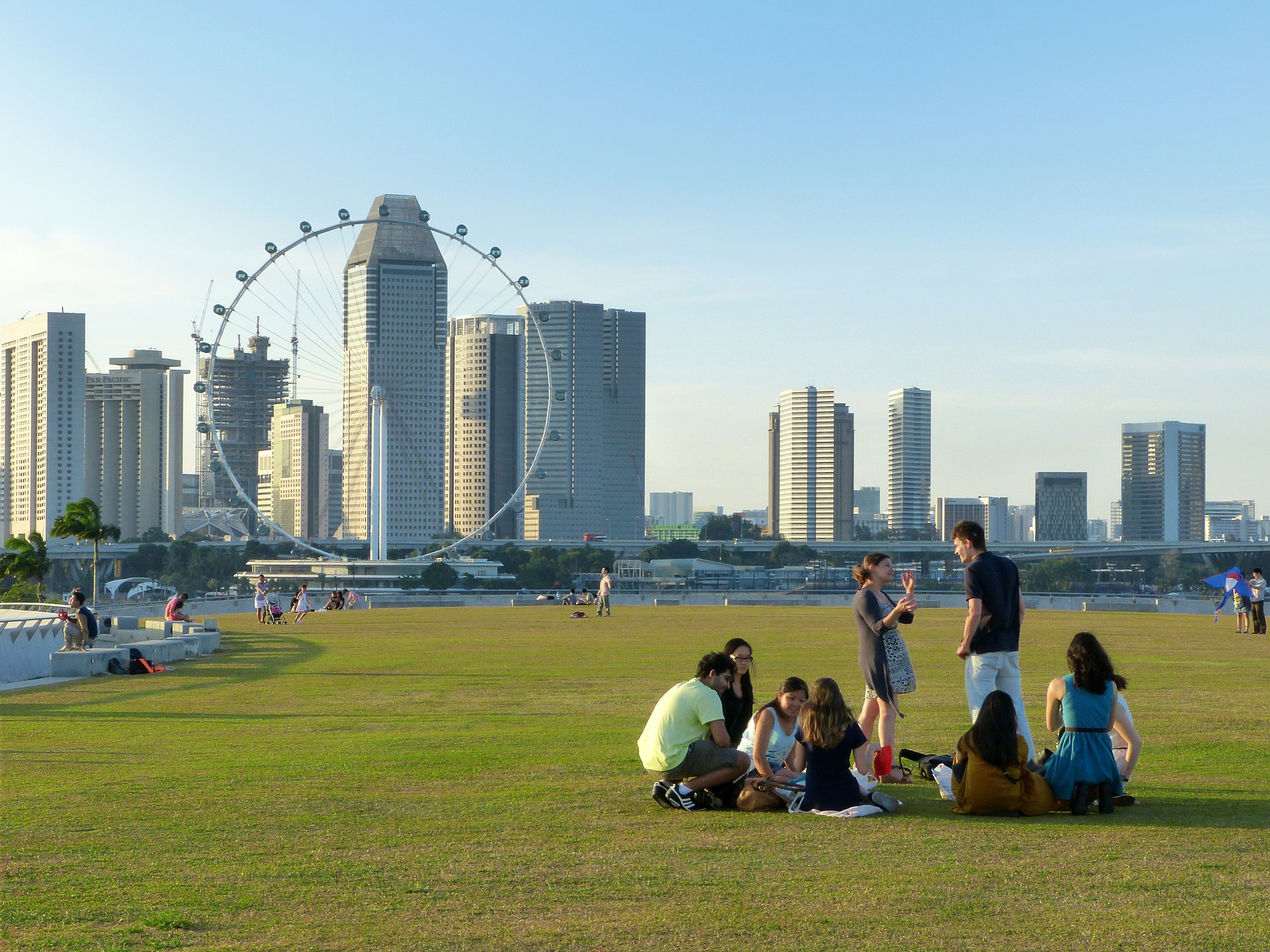-
Advocacy Theme
-
Tags
- Abortion
- Adoption
- Caregiving
- CEDAW
- Disability
- Domestic Violence
- Domestic Workers
- Harassment
- Healthcare
- Housing
- International/Regional Work
- Maintenance
- Media
- Migrant Spouses
- Migrant Workers
- Muslim Law
- National budget
- Parental Leave
- Parenthood
- Polygamy
- Population
- Race and religion
- Sexual Violence
- Sexuality Education
- Single Parents
- Social Support
- Sterilisation
- Women's Charter
Committee of Supply Debates 2021: notes on gendered issues
March 11th, 2021 | Employment and Labour Rights, Family and Divorce, Gender-based Violence, Migration and Trafficking, News, Older People and Caregiving, Poverty and Inequality, Workplace Harassment

written by Danesha Shah, Elijah Tay and Kamalini K.
From 24 February to 8 March, a team of AWARE interns tuned in to watch Singapore’s 2021 Budget and Committee of Supply (CoS) debates.
The CoS debates occur after the National Budget is announced. They comprise an examination into each ministry’s plans, during which individual Members of Parliament (MP) may request to speak on issues relating to each ministry.
Below are some highlights on areas that relate to AWARE’s work.
1. Raising wages for low-income workers and protecting self-employed and gig workers
As Singapore reels from the economic impact of the pandemic, much attention was devoted to the welfare of low-income workers, including those who are self-employed or doing gig work.
We were heartened by calls for the Progressive Wage Model (PWM) to be expanded to more sectors, and for implementation to be accelerated by MPs such as Gerald Giam (WP) and Louis Ng (PAP). This reflects a growing recognition and acceptance that no worker in Singapore should be earning below a minimum amount, no matter their station in life. AWARE supports the expansion of the PWM, and hopes that the government will prioritise implementation in women-concentrated sectors, such as caregiving, which tend to be lower-paying. This could help in reducing the gender pay gap.
MPs Patrick Tay (PAP) and Louis Chua (WP) stressed the need for more robust labour protection for gig workers who are self-employed. The former suggested that the Trade Unions Act be reviewed, such that freelancers can become union members, while the latter asked if more can be provided in the form of mandatory insurance and minimum levels of benefits and protection for these workers.
2. Addressing harassment and violence in workplaces and in homes
Another major theme that emerged from the week-long debates was on gender-based violence and harassment.
To deal with workplace harassment, MP Patrick Tay recommended that the legislative and regulatory weight of the Tripartite Advisory on Workplace Harassment be strengthened. Given that a 2020 AWARE-Ipsos survey found that 2 in 5 workers in Singapore had experienced workplace sexual harassment, we were encouraged by the call for more attention to be paid to this urgent problem.
Other MPs focused on violence at home. MP Zhulkarnain Abdul Rahim (PAP), for instance, pointed to the rise in family violence cases during the pandemic and recommended replacing “family violence” with the more expansive “domestic violence” under the Women’s Charter. This would offer expanded protections by including unmarried intimate partners, migrant domestic workers (MDW) and, as the MP put it, “others in the household, notwithstanding the lack of any familial relationship”.
Several MPs, such as Mr Desmond Choo (PAP) and Ms Yeo Wan Ling (PAP), raised questions about protecting MDWs from abuse. In response, the Minister for Manpower announced that the ministry will consider mandatory rest days for MDWs. This announcement was welcomed by MDW support organisations and AWARE as it would reduce the likelihood of MDWs being overworked.
3. Increasing support for caregivers
Many MPs shared a concern for family caregivers, and raised suggestions on protecting their financial well-being, allowing working caregivers to juggle responsibilities and easing access to care services.
MP Carrie Tan (PAP) argued that the responsibility of caring for our elders should not come at the expense of financial adequacy of their caregivers. In particular, she stressed that female caregivers are disproportionately at risk of facing poverty in their old age due to caregiving. To address this, she proposed an income supplement to better support the needs of family caregivers.
On the other hand, MPs Louis Chua and Louis Ng both proposed that eldercare leave be legislated so working adults could take time-off to care for their parents.
Furthermore, MP Tan Wu Meng and MP Joan Pereira both highlighted the need to increase the availability of care coordinators and accessibility to these services.
MP Tan Wu Meng advocated having more care coordinators to ensure that medical appointments can be arranged on the same day. This helps to reduce the financial burden for low-income caregivers or caregivers who are shift workers who have to take time out of work to accompany their elderly parents for medical appointments.
Finally, MPs Joan Pereira (PAP) and Yeo Wan Ling called for respite care services to be made more accessible and affordable in order to reduce caregiver burden and burnout—for instance through the creation of a repository of short-term caregivers who are able to assist family caregivers.
We were glad to see sustained attention on the situations of caregivers, and wholeheartedly support the slew of suggestions to support them.



